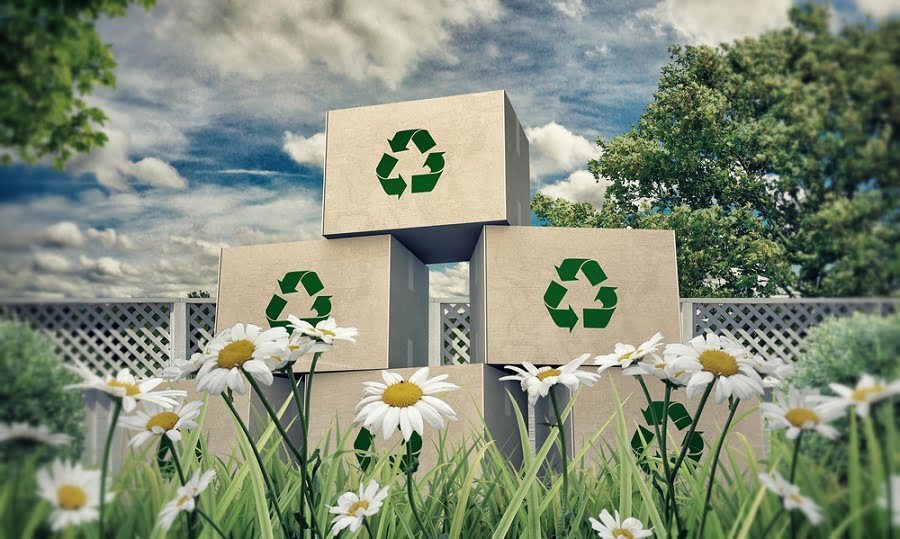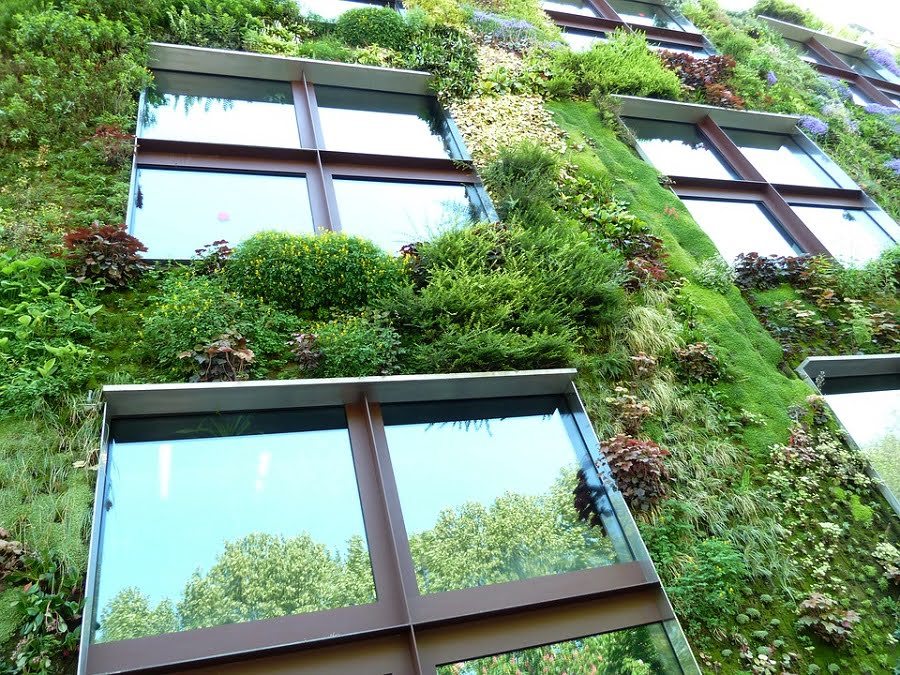Last updated on
Get to understand the ins, and outs of recycling services in Racine in a comprehensive, easy-to-follow guide.
Key takeaways:
- Paper, cardboard, glass, and certain plastics are accepted for recycling in Racine.
- Follow guidelines for preparing recyclables, like rinsing containers and removing food residue.
- Curbside recycling collection available for residents, while businesses have tailored solutions.
- Racine provides specialized e-waste recycling for electronics to protect the environment.
- Recycling in Racine reduces greenhouse gas emissions, conserves resources, and improves water quality.
Overview of Racine’s Recycling Program
Racine’s recycling initiative champions environmental stewardship by converting waste into reusable materials. It’s a collaborative effort between the local government, waste management services, and the community.
Emphasizing the need for sustainable practices, the program targets a broad range of materials, including paper, cardboard, glass, and certain plastics, diverting them from landfills. It operates on a single-stream process, simplifying participation as residents can place all recyclables in one container without sorting.
Moreover, the city provides regular curbside pickups, and drop-off centers are strategically positioned to encourage maximum resident engagement. This system not only conserves natural resources but also supports the local economy by creating green jobs.
Through education and community involvement, the program aims to foster a culture of recycling that contributes to maintaining Racine’s natural beauty and reducing its carbon footprint.
Recycling Guidelines in Racine
Navigating the dos and don’ts of recycling can be straightforward once you familiarize yourself with the local rules set by the Racine recycling program. Understanding what can be recycled and how it should be prepared is essential for effective recycling practices.
For starters, paper products are widely accepted, including newspapers, cardboard, and office paper. However, it’s important to keep them dry and remove any food contamination. Plastic items marked with recycling symbols 1 through 7 are also recyclable, but ensure they’re rinsed and free of food waste.
Glass bottles and jars can go into the recycling bin as well, but they should not be broken, and any caps or lids need to be removed. Metals such as aluminum cans, foil, and tin cans are eligible, but again, cleanliness is key – give them a quick rinse.
On the flip side, it’s critical to remember that not everything can be processed. Items like plastic bags, styrofoam, ceramics, and any hazardous waste materials should be kept out of the recycling bin. These materials can contaminate the recycling stream and even damage the processing equipment.
Recycling correctly not only supports the efficiency of the program but also reinforces our community’s commitment to environmental stewardship. So, always take a moment to check if an item is recyclable before tossing it in the bin – when in doubt, look it up or opt to dispose of it safely through other means.
Residential and Commercial Recycling Services
Residents in Racine access curbside recycling collection, which accepts common recyclables such as paper, cardboard, glass, and certain plastics.
Bins or carts should be placed at the curbside by 7 AM on collection days, with materials sorted as directed by local guidelines.
It’s crucial to rinse containers and remove any food residue to prevent contamination.
Commercial entities have tailored solutions to manage higher volumes of recyclable materials.
Businesses are typically required to contract with licensed waste haulers or third-party recyclers to ensure their recycling needs are met in compliance with local ordinances.
Many service providers offer consultation to optimize recycling processes and reduce waste.
Both residents and businesses must adhere to specific item preparation steps, such as flattening cardboard boxes and sorting materials, to facilitate efficient recycling.
Seasonal programs for yard waste and occasional hazardous waste collection rounds out the comprehensive services offered, aiding both the city’s economy and environmental health.
Specialized E-Waste Recycling in Racine
Navigating through the maze of electronics, Racine provides residents with a clear path to responsibly dispose of their e-waste. Devices such as computers, telephones, and TVs contain materials that can be hazardous to the environment if not handled properly. The city’s specialized program aims to salvage valuable components like gold, copper, and aluminum, which can be reused in the manufacturing of new products.
Local drop-off events are organized periodically to make e-waste recycling accessible and community-focused, while designated collection sites operate year-round for convenience. Residents are encouraged to clear personal data from devices before recycling, ensuring privacy is maintained. To further support sustainability, partnerships with certified recyclers ensure that e-waste is processed in an environmentally safe manner, aligning with Racine’s commitment to eco-friendly practices.
Through these efforts, the program not only protects the environment from toxic substances but also conserves natural resources, highlighting the city’s dedication to a greener future.
Impact of Recycling On Racine’s Environment
The positive environmental effects of consistent recycling practices in Racine cannot be overstated. By diverting recyclable materials from landfills, the city significantly reduces greenhouse gas emissions. This is not only about conserving space in landfills but also about minimizing the decomposition process that releases methane, a potent greenhouse gas.
Moreover, recycling reduces the demand for raw materials, which in turn curtails habitat destruction and pollution resulting from mining and logging activities. For instance, recycling paper conserves trees and forest habitats, serving as a practical step toward maintaining biodiversity.
Local waterways also benefit. Fewer pollutants from landfill runoff means cleaner rivers and a healthier Lake Michigan, vital for both ecological and recreational purposes. With less industrial waste due to the reuse of materials, Racine’s water quality sees gradual improvement.
Energy conservation is another ancillary benefit of recycling. Producing new products from recycled materials often requires significantly less energy than creating them from virgin materials. Aluminum cans are a classic example, with recycling saving up to 95% of the energy required to make new ones.
Last but not least, community participation in recycling kindles a broader environmental consciousness, leading to more sustainable lifestyle choices beyond waste management. Such collective efforts are key to achieving long-term environmental resilience for Racine.
FAQ
What plastics are recyclable in Wisconsin?
In Wisconsin, only plastics with resin codes #1 and #2 are recyclable, which constitute a significant portion (approximately 97%) of all plastic bottles.
How do I dispose of appliances in City of Racine?
To dispose of appliances in the City of Racine, transport them to the Pearl Street Facility during its operating hours or connect with the Department of Public Works Field Office at (262) 636-9126 for further assistance.
What are the penalties for improper disposal of hazardous waste in Wisconsin?
In Wisconsin, improper disposal of hazardous waste can lead to civil penalties up to $25,000 per day of violation and criminal penalties up to $50,000 per day of violation, or imprisonment.
How can companies in Racine participate in industrial waste recycling programs?
Companies in Racine can participate in industrial waste recycling programs by partnering with local waste management companies, implementing in-house recycling initiatives, or engaging in community recycling programs.
How is electronic waste handled and recycled in the City of Racine?
The City of Racine handles and recycles electronic waste through e-Cycle Wisconsin program, a state-wide initiative that encourages safe and environmentally friendly disposal where residents drop off their electronic waste at designated collection sites.
Related reading:
Table of Contents

